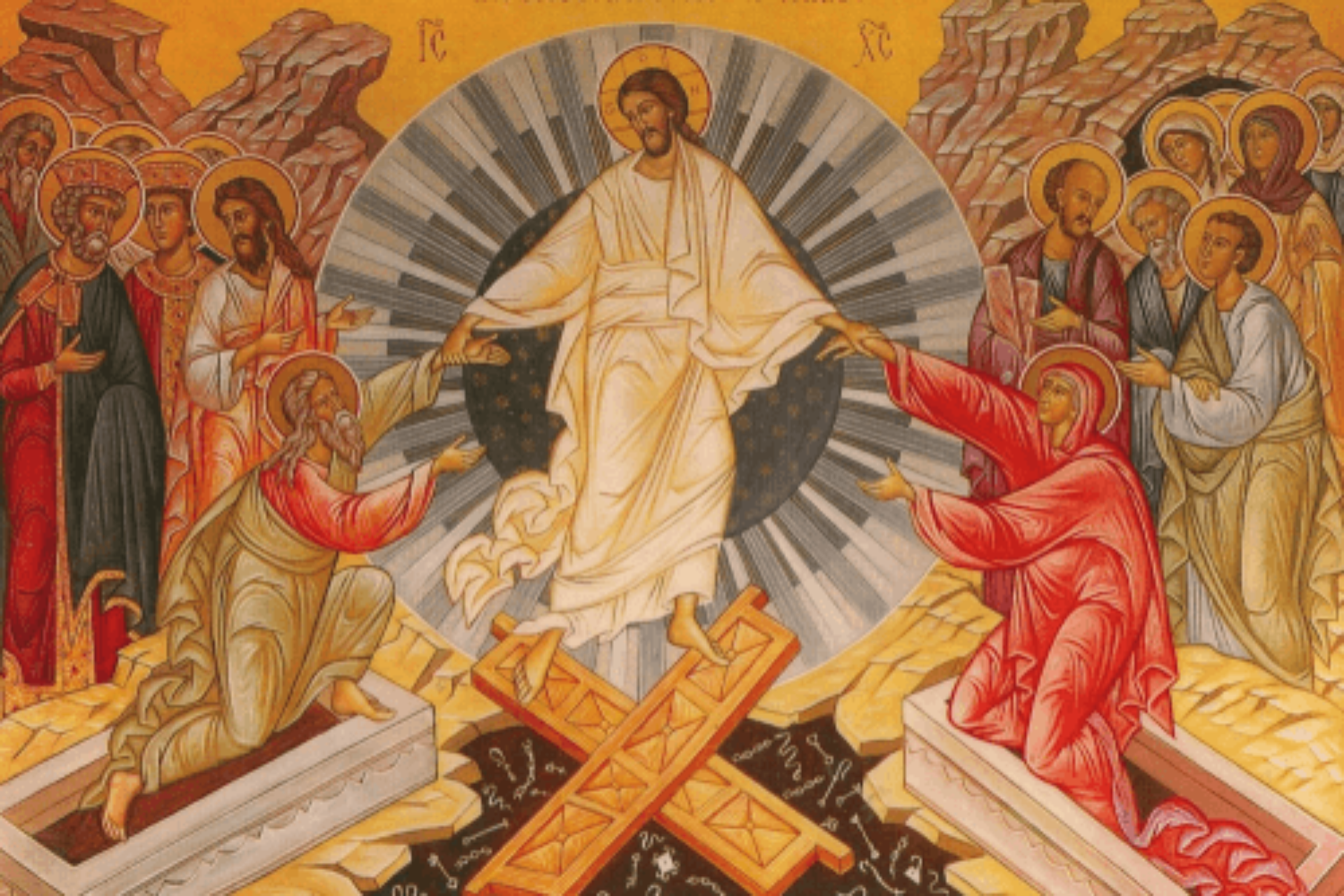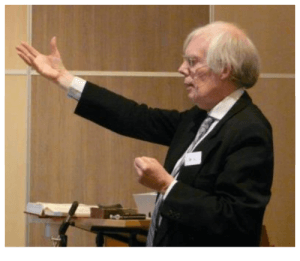WN: The brief article below so captures the absolute essence of biblical justice, biblical vengeance. See also my book review of God’s Just Vengeance; and also Christopher Marshall’s two outstanding studies on biblical justice that is invariably restorative, here, and again here.
“Vengeance is Love” (Mar 26, 2012)
by Klaas Goverts, translated by Floris and Judith Kersloot
Vengeance is Love
“O Lord, God of vengeance,
God of vengeance, shine forth.
Rise up, O Judge of the earth.”
(Psalm 94:1-2)
God is the Judge of the earth; Abraham even said, “the whole earth.” Here we must not think of a stern person wielding a gavel, but a merciful God who will put everything right, who will bring about justice.1 God is the one who straightens the crooked paths (Isaiah 45:2) of the whole earth. His appearance in vengeance, therefore, doesn’t bring forth darkness but creates a radiant light.
Vengeance is recovery
The Hebrew word for vengeance is naqam. And naqam has the meaning: restoring justice.2 Vengeance is the restoration and recovery of justice. Traditionally the word naqam also has to do with qum, which means ‘rising up.’ Thus, vengeance has got everything to do with raising up what has fallen. Vengeance biblically, therefore, has everything do with the restoration of all things.3 “God of vengeance, shine forth,” says Psalm 94. Popular opinion says if God appears with his vengeance, it will become dark. But Psalm 94 says, the light will shine. There will again be radiance in our lives.
The connotation of the word vengeance
Vengeance generally sounds slightly negative and malevolent in our ears. If you have feelings of vengeance, you don’t generally have much good in mind, do you? Rather, vengeance actually is the restoration of the relationships in the community. So vengeance has to do with restoring, the recovery of relationships. Vengeance has everything to do with the question: How do we get Cain and Abel back together? How do we re-unite Jacob and Esau? How will coherence be restored? How do two opposites become one again? How do you get back the original unity? So again, the biblical vengeance is the rehabilitation of the relationships within the community. Vengeance is in fact a form of love, a kind of straightening. The relationships that are skewed will be straightened, so that people can look one another straight in the eyes again.
Joseph’s vengeance was about giving his brothers bread. This is the mercy-bread, which is at the heart of the gospel. Elie Wiesel says in this regard: “the victim gets the last word”–giving bread to the enemy. You can also see this portrayed in the story of Elisha and the king of Syria. Rather than crushing the enemy, bread is being distributed. (2 Kings 6:21)
Divine vengeance is the counterpart of the vendetta, which says an eye for an eye (cf. Matt. 5:38-39). However, evil is to be overcome with good (Romans 12:21).
Endnotes
- The Dutch word for ‘bringing into justice’ is ‘terecht brengen.’ It carries a double meaning: bringing into justice and finding what was lost.
- Elsewhere the author says, “God’s wrath is not blind anger, but a ‘seeing anger’ that looks beyond. So if God rebukes his enemy, it has to do with the breath of his Spirit.” Goverts renders Isaiah 11:4 – “By the breath of his mouth [referring to the Messiah], he will slay the destroyer [Dutch – afbreker].” He writes, “So his wrath is a creative anger that brings about something which otherwise would not have been. Sometimes we need to deconstruct (make a clearing) in order to create another path, a passible way.”
- In Acts 3:32, the Dutch word for restoration is ‘wederoprichting’ and carries both the sense of restoration and raising up.
Biography
Dr. K. D. Goverts studied theology from 1964 to 1972 at the University of Utrecht. He graduated in 1992 from the University of Amsterdam with the thesis: Het Lied van de Doortocht (The Song of Passage — on Exodus 15).
Dr. K.D. Goverts gave Bible courses in the Netherlands, Belgium and Martinique. He was inspired by the German Bible translations of the Jewish philosophers Martin Buber and Franz Rosenzweig and the French Bible translation of Andre Chouraqui. The thought of Jewish thinkers Edmond Fleg, Andre Neher, Bernard Chouraqui and others are sources of inspiration for his studies.
Some of his Bible studies are chronicled and translated into French for the benefit of churches in the Congo. Dr. K. D. Goverts is also a pastor in North Holland province at Ursem, Avenhorn and Berkhout.
Vengeance is Love – Klaas Goverts (trans. Floris and Judith Kersloot)


